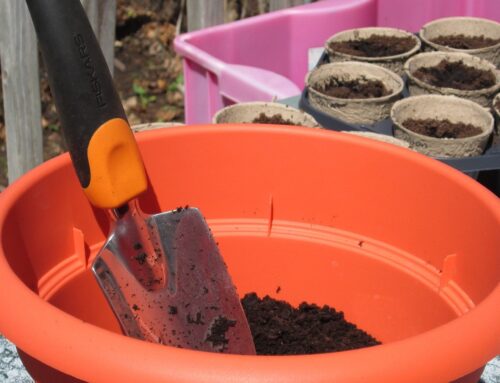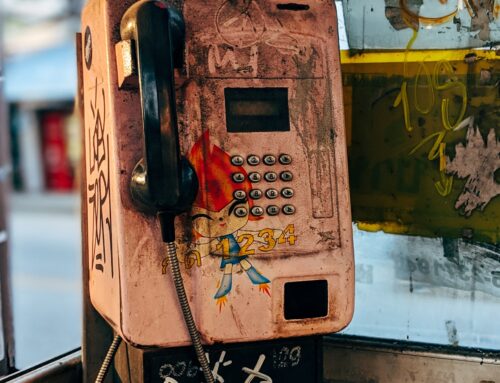Everyone should have at least a basic survival kit just in case disaster strikes. A survival first aid kit is one of the most important preparations for any sort of disaster or or any other event.
What Is a Survival First Aid Kit?
A survival first aid kit is a bit more equipped than just a regular everyday first aid kit that might contain some Band-Aids and antiseptic cream. A survival first aid kit is meant to help you survive in the aftermath of a major disaster, where injuries sustained could be life threatening. A survival first aid kit is going to be small enough to pick up and move with, but large enough to contain a lot of potentially lifesaving items.
Why Keep a Survival First Aid Kit?
The fact is that you never know when a disaster could happen. To keep yourself and your family safe, there are some preparations that are just plain smart. A survival first aid kit is a necessary item for every home, even if you think you may never use it. However, making it it ready to carry around makes it that much survival-ready in case you have to be on the move.
What Could Happen?
Many people do not keep survival first aid kits because they think that nothing bad could ever happen to them. The fact is, however, that disasters can happen, and it is better to be safe than sorry. Disasters come in many forms, such as sudden inclement weather disasters, major accidents, and even acts of malice or terrorism. The idea is to hope that such an event never occurs, but to be ready just in case.
Where Do I Get a Survival First Aid Kit?
There are many websites that sell survival first aid kits and other disaster plan items. These packages vary in how much or how little they contain; some contain just the essentials and others are extremely full and equipped for just about anything. These types of kits are often very expensive.
You can also put together your own survival first aid kit. Not only will you be able to cater the necessary items to fit your needs, but you can save a lot of money.
Basic Must-Have Items
The Red Cross website (http://www.redcross.org/get-help/how-to-prepare-for-emergencies/anatomy-of-a-first-aid-kit) has a comprehensive list of what items are necessary for a first aid kit. The items listed are for a family of four, so you might need to make adjustments according to your family size and needs.
Red Cross first aid kit list:
* 2 absorbent compress dressings (5 x 9 inches)
* 25 adhesive bandages (assorted sizes)
* 1 adhesive cloth tape (10 yards x 1 inch)
* 5 antibiotic ointment packets (approximately 1 gram)
* 5 antiseptic wipe packets
* 2 packets of aspirin (81 mg each)
* 1 blanket (space blanket)
* 1 breathing barrier (with one-way valve)
* 1 instant cold compress
* 2 pair of non-latex gloves (size: large)
* 2 hydrocortisone ointment packets (approximately 1 gram each)
* Scissors
* 1 roller bandage (3 inches wide)
* 1 roller bandage (4 inches wide)
* 5 sterile gauze pads (3 x 3 inches)
* 5 sterile gauze pads (4 x 4 inches)
* Oral thermometer (non-mercury/non-glass)
* 2 triangular bandages
* Tweezers
* First aid instruction booklet
Other Items to Consider
Depending on your family and specific needs, you may want to consider a few more items to add to your kit. Remember that the idea is emergency preparedness, so try to think of everything. For example, if someone in your family has anaphylactic allergies, you will want to consider adding an EpiPen and/or Benadryl to your survival first aid kit.
Some other items to consider include:
* LED flashlight
* Extra batteries
* Burn gel
* Medical grade super glue (cyanoacrylate base)
* Suture kit
* Eye wash kit
* Necessary medications for family members
You will also want to keep information about each of your family members’ medical history and a list of medications that each of you take. When rescue services do come, it could help them to have a working knowledge of your history in the event of an injury or emergency. Also keep a list of contacts and emergency phone numbers so you can reach family or friends if you need help or to tell them you are okay.
Finally, make sure you check your first aid kit every year to make sure nothing has expired. Other than antibiotics and drugs, you shouldn’t have to replace stuff very often, but it’s really a good practice to check. A good routine to establish is to check your emergency bag (or bug out bag) and first aid kit every year, at the same time as you change the batteries in your fire detector.






